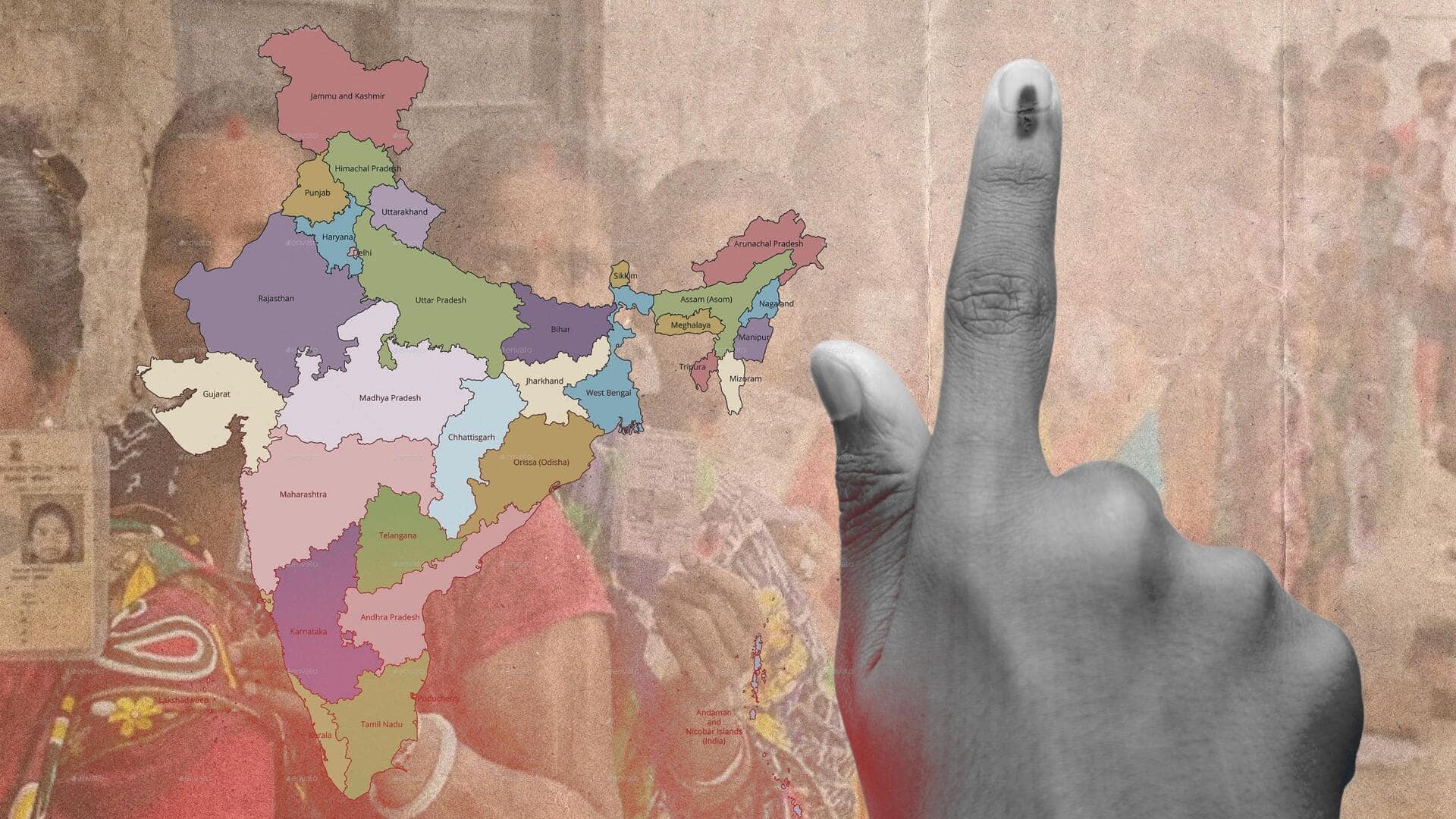
Government postpones introduction of ONOE bills in Lok Sabha
What's the story
The Indian government has postponed the introduction of two important bills to facilitate simultaneous elections for the Lok Sabha and state assemblies.
The Constitution (129th Amendment) Bill and the Union Territories Laws (Amendment) Bill, which were scheduled for introduction on Monday, were taken off the day's agenda.
They are now likely to be introduced later this week.
Prioritization shift
Financial business and constitution debates take precedence
The postponement comes as the Lok Sabha's focus shifts to financial matters, including discussions on supplementary demands for grants.
A Bharatiya Janata Party (BJP) lawmaker hinted that the government may have prioritized debates marking the 75th year of the Constitution in the Rajya Sabha.
Although they were removed from Monday's schedule, the bills could still be introduced later with the Speaker's permission.
Amendment details
Proposed amendment aims to synchronize national and state elections
The proposed constitutional amendment seeks to align national and state elections, barring local body polls for now.
It seeks to amend Articles 83, 172, and 327 and inserts a new Article 82(A) to enable simultaneous elections.
The bill states that simultaneous elections would not begin until 2034, with provisions for mid-term elections if a legislature is dissolved prematurely.
Cabinet approval
Union Cabinet approves bills, sparks political debate
The Union Cabinet approved these bills last week, and they were circulated among Members of Parliament according to parliamentary procedures.
The Parliament's Winter Session commenced on December 4 and is scheduled to conclude on December 20.
The move has sparked a political row between the ruling National Democratic Alliance (NDA) and the opposition Indian National Developmental Inclusive Alliance (INDIA) bloc.
Political divide
BJP-led NDA supports proposal, opposition raises concerns
The BJP-led NDA backs the proposal for its ability to cut costs and improve governance efficiency.
BJP MP Anil Baluni said, "The proposed bill will strengthen the country's democracy and pave the way for development."
JD(U) leader Nitish Kumar also supported it, calling it a necessary reform.
Opposition parties such as the Congress, Aam Aadmi Party (AAP), and Trinamool Congress have expressed concerns over its effect on federalism and electoral fairness.